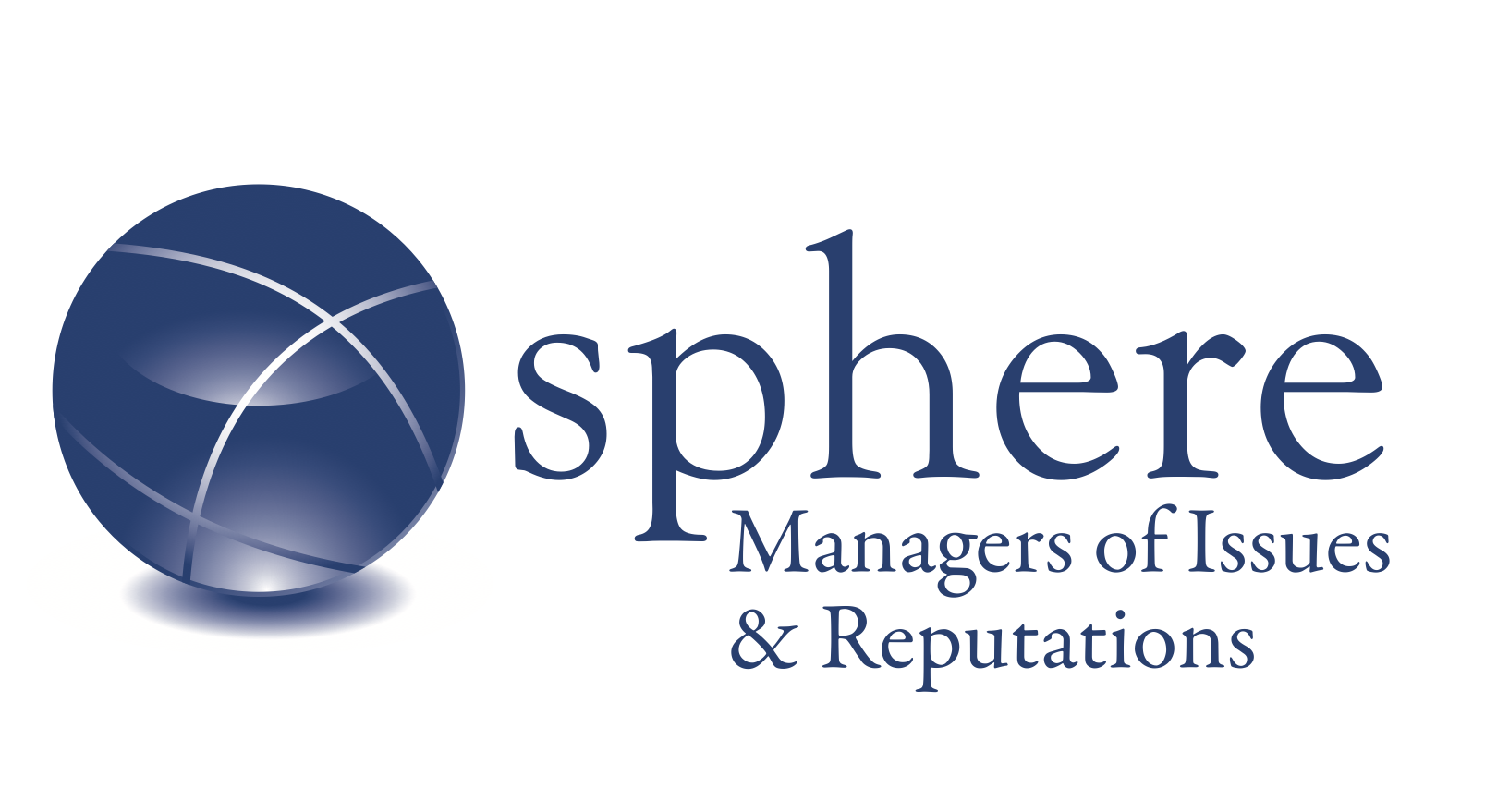30 May
2016
Google, FTC, and FAA – TenCount 5.30.16
- It will be a quiet week in Washington, with both houses of Congress out for an extended holiday. Plenty of electoral action down south, however, where two Democratic primaries are scheduled for next weekend. On Saturday, 12 Democratic delegates are at stake in the Virgin Islands, while on Sunday voters in Puerto Rico apportion 67 delegates. Those contests clear the deck for the big prizes of California, New Jersey and several other states on June 7.
- Google can’t catch a break. European regulators have the company under the microscope trying to determine if Google has abused its market power in search and advertising. The U.S. Federal Trade Commission might have reopened a probe into whether Google’s search practices are anticompetitive. And on Tuesday, anti-monopoly authorities in Russia are expected to discuss imposing a fine on Google for anti-competitive practices around its Android software.
- The price of oil rebounded to $50 a barrel last week, nearly double the level of just three months earlier, despite evidence that the world is still awash in oil. Beginning Thursday, the Organization of Petroleum Exporting Countries, which contributes about 40 percent of the world’s oil supply, begins meeting in Vienna, hoping to add further stability to the price of crude.
- What is the role of regulation in today’s banking system? Opponents of the Dodd-Frank Act would tell you that its role is to stifle new business. Another view, however, might come from U.S. Federal Reserve Bank Governor Jerome Powell, who on Thursday will give the keynote address at SIFMA’s Prudential Regulation Conference.
- Is the pace of hiring in American business starting to cool? It might be difficult to tell when the Labor Department releases employment figures on Friday, given that 36,000 Verizon Communications workers were on strike until late last week. Nevertheless, analysts are expecting that about 160,000 jobs were added in May and that the unemployment rate eased to 4.9 percent from 5 percent. Worker pay is expected to show a slight increase as well.
- Did you make it through the security line at the airport without missing your flight? The Transportation Security Administration’s operations have been under scrutiny with predictions of hours-long wait times this summer. Some members of Congress have called for airlines to drop their fees on checked bags to ease lines, but the International Air Transport Association, the airline industry’s trade group, says that wouldn’t make difference. The group has joined others in calling on Congress to assign $13 billion in diverted air passenger security fees back to TSA’s screening operations.
- Congress loves a deadline, and it has a big one looming for July 15. That is when authorization of the Federal Aviation Administration expires. For the first time in years, it might be possible for a multiyear extension, with a House committee having previously passed a five-year bill. The Senate has passed one that lasts through September 2017, but the two chambers so far have been unable to compromise on a long-term extension because of differences on the future of Air Traffic Control. The July 15 deadline is the last day that Congress is scheduled to meet until after Labor Day.
- The Senate Judiciary Committee deferred action last week on a bill that would update the Electronic Communications Privacy Act, or ECPA, in an attempt to keep the entire effort from collapsing. The House previously – and unanimously – passed an update, which would end the practice of considering emails that had been stored on a server for more than 180 days to be “abandoned” and not requiring a search warrant for law enforcement to access them.
- Those car commercials that brag about in-car wi-fi sound whiz-bang, but in reality cars have been using wi-fi for years; special airwaves are set aside for vehicle communication with emergency services and the like, and car makers want to keep those airwaves for crash avoidance and other new technologies. The wireless industry, however, wants to use those airwaves for regular high-capacity wi-fi, and the F.C.C. last week said it would seek public comment on how to test spectrum sharing in the relevant airwaves.
Government technology is almost an oxymoron, given the ancient patchwork of computer systems that run much of the federal bureaucracy. Nowhere was that more apparent last week than at a hearing of the House Oversight Committee, where Chairman Jason Chaffetz noted that the Defense Department’s Strategic Automated Command and Control System still uses 8-inch floppy disks to store information. Federal agencies also employ nearly 3,500 staff members just to maintain those ancient systems, programming them in Cobol, Fortran and other legacy computer languages.
